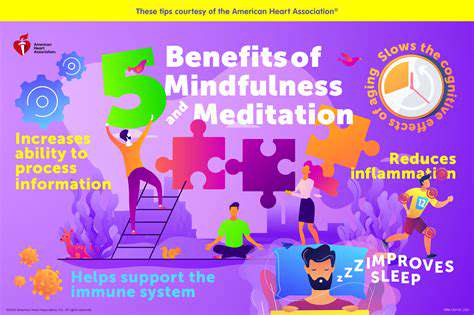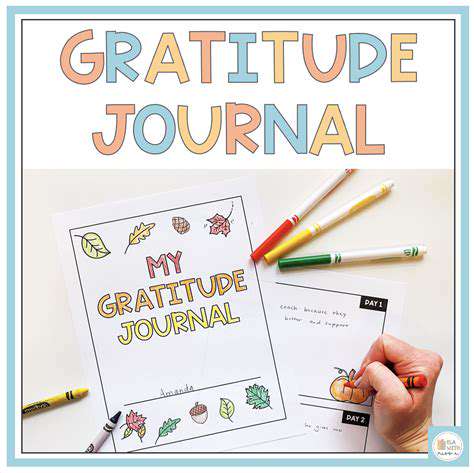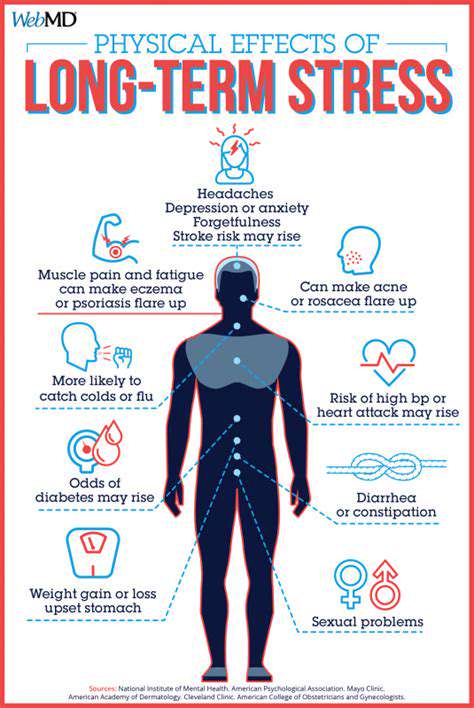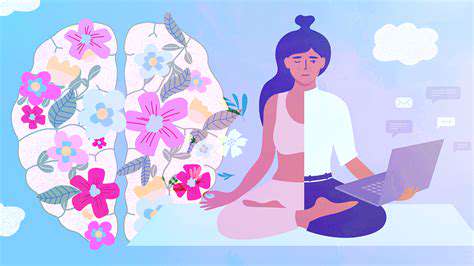Transform Your Life with Mindfulness Meditation Techniques
What is Mindfulness Meditation?
Understanding the Concept of Mindfulness
Mindfulness is the practice of being present and fully engaged in the moment, without judgment. It encourages individuals to observe their thoughts, feelings, and sensations as they arise, facilitating a deeper connection with their experiences.
This approach has roots in ancient meditation traditions, particularly within Buddhism, but has gained popularity in modern psychology as a effective technique for stress reduction and emotional regulation.
By cultivating mindfulness, individuals can learn to manage their reactions to challenges, leading to a more balanced perspective on life. It promotes acceptance and compassion towards oneself and others, which can foster healthier relationships.
Mindfulness is not about removing negative feelings, but rather about observing and understanding them without being overwhelmed. This can lead to greater self-awareness and emotional resilience.
Incorporating mindfulness into daily routines can transform mundane activities – such as eating or walking – into opportunities for practice, enhancing one’s overall quality of life.
The Benefits of Mindfulness Meditation Techniques
Mindfulness meditation techniques are associated with numerous benefits, both mental and physical. Regular practice can lead to lower levels of stress and anxiety, as individuals learn to respond to their thoughts without becoming reactive.
Studies have shown that engaging in mindfulness meditation can improve focus and concentration, allowing individuals to increase their productivity in both personal and professional settings. It can also enhance cognitive flexibility, making it easier to adapt to new situations.
Physically, mindfulness meditation has been linked to lower blood pressure and improved heart health. By promoting relaxation and reducing stress, it can contribute to overall wellness.
Additionally, mindfulness practices can assist in pain management, providing tools for individuals to cope with chronic pain conditions by changing their relationship with discomfort.
Ultimately, the benefits of mindfulness meditation techniques extend beyond the individual, allowing for more empathetic interactions, improved communication skills, and fostering a sense of community.
Benefits of Practicing Mindfulness Meditation
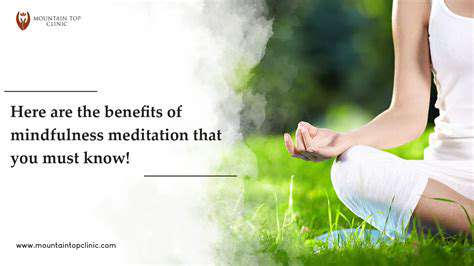
Improved Mental Well-being
Practicing mindfulness meditation significantly enhances mental well-being by reducing stress and anxiety levels. It encourages individuals to focus on the present moment, allowing them to let go of worries about the past or future. This focused awareness leads to a more peaceful and calm state of mind. Regular practice can help individuals develop a better self-image and promote emotional stability.
Moreover, mindfulness meditation can improve attention spans and concentration. By training the mind to stay present, individuals become less susceptible to distractions and more capable of tackling daily tasks. Improving focus can lead to increased productivity and satisfaction in both personal and professional life.
As people engage in mindfulness, they often report feelings of increased happiness and life satisfaction. This shift in mindset can transform how individuals perceive challenges, viewing them as opportunities for growth rather than obstacles. Over time, these positive changes contribute to a more resilient and optimistic outlook on life.
In summary, the mental health benefits of mindfulness meditation are profound. It cultivates a sense of calm, improves focus, and fosters personal growth, leading to a more harmonious and fulfilling life.
Enhanced Emotional Regulation
Mindfulness meditation plays a crucial role in enhancing emotional regulation skills. By encouraging individuals to observe their thoughts and feelings without judgment, they can gain greater control over their emotional responses. This heightened awareness allows people to respond thoughtfully rather than react impulsively in challenging situations.
Over time, practitioners of mindfulness meditation may notice a significant reduction in emotional reactivity. Instead of being overwhelmed by negative emotions, they can acknowledge and process them more effectively. This leads to healthier coping mechanisms and improved relationships with others.
Additionally, emotional regulation through mindfulness can contribute to a more stable mood. Regular practice helps to minimize extreme fluctuations in emotions, fostering a more consistent emotional state. As a result, individuals can navigate their daily lives with greater ease and confidence.
The benefits of enhanced emotional regulation extend not only to the individual but also to their social interactions. Better emotional control helps cultivate empathy and understanding, allowing for deeper connections with others, which is essential for building strong, supportive relationships.
Increased Self-awareness and Mindfulness
One of the key benefits of mindfulness meditation is the increase in self-awareness it fosters. Practitioners learn to observe their thoughts, feelings, and behaviors with curiosity and compassion. This deepened self-understanding leads to a more conscious approach to life and decision-making. With greater self-awareness, individuals can identify patterns in their behavior and thought processes that may need adjustment.
Moreover, mindfulness meditation encourages individuals to accept themselves as they are, which promotes self-acceptance and self-compassion. This acceptance is fundamental to personal growth, allowing individuals to embrace their strengths and weaknesses without harsh self-criticism. Learning to treat oneself with kindness can lead to profound transformations in self-perception and confidence.
Increased self-awareness can also enhance interpersonal skills. As individuals become more attuned to their own feelings and motivations, they develop a greater understanding of others. This heightened empathy enables more meaningful interactions in both personal and professional settings.
Ultimately, the journey of mindfulness meditation is a powerful path to self-discovery. It encourages ongoing reflection and adaptation, paving the way for a more authentic and fulfilling life experience.
How to Get Started with Mindfulness Meditation
Understanding the Basics of Mindfulness Meditation
Mindfulness meditation is a practice that encourages living in the present moment while being aware of your thoughts and feelings without judgment. It is rooted in ancient traditions, but modern science has revealed its profound impact on mental health and well-being. By focusing your attention on the here and now, you can cultivate a sense of calm and reduce stress levels.
To begin with mindfulness meditation, it's essential to find a quiet space where you can sit comfortably without distractions. The typical starting point involves deep breathing, where you concentrate on each inhale and exhale. This focus helps anchor your awareness, making it easier to return to the present moment when thoughts or distractions arise.
Creating a Mindfulness Meditation Routine
Establishing a consistent meditation routine can significantly enhance your practice. Start by setting aside a specific time each day, even if it's just for five to ten minutes. Consistency is key, and finding a time that works for you—whether in the morning, during lunch, or before bed—can help reinforce the habit.
As you progress, try varying your techniques. You might explore guided meditations, body scans, or simply sitting in silence. Experimentation helps keep your practice engaging and allows you to discover what resonates most with you. Over time, you'll likely notice an improvement in your focus, emotional resilience, and overall quality of life.
Incorporating Mindfulness into Daily Life
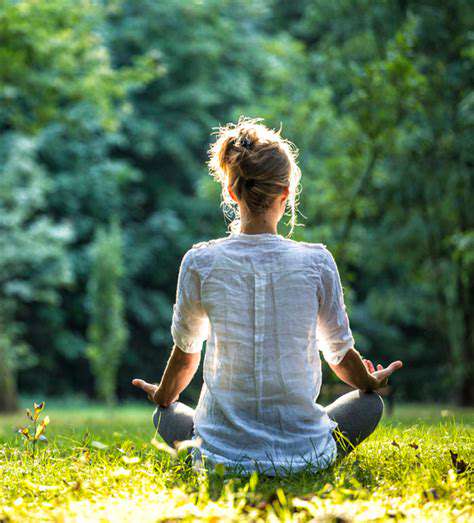
Understanding Mindfulness and Its Importance
Mindfulness is the practice of being fully present in the moment, without judgment or distraction. It allows individuals to gain awareness of their thoughts, feelings, and sensations. By cultivating this awareness, one can develop a deeper understanding of oneself and one's responses to various situations.
Moreover, mindfulness has been shown to reduce stress and anxiety levels. This makes it a powerful tool for those seeking improved mental health and emotional well-being. In today's fast-paced world, carving out moments of mindfulness can lead to greater clarity and focus.
Studies have demonstrated that regular mindfulness practice can enhance overall quality of life. As individuals learn to embrace the present moment, they often discover a new appreciation for life's experiences. This shift in perspective can lead to more fulfilling relationships and a stronger sense of purpose.
Ultimately, understanding mindfulness and its significance is the first step toward transformation. By grasping its principles, individuals can start their journey toward a more mindful existence.
Simple Techniques to Incorporate Mindfulness
Incorporating mindfulness into daily life doesn't require extensive training or practice. Simple techniques can be easily integrated into one's routine. For instance, starting the day with a few minutes of focused breathing can set a positive tone for the hours ahead.
Another effective technique is mindful walking, where individuals pay attention to each step they take. This practice not only enhances physical awareness but also encourages a deeper connection to the surroundings. Taking the time to notice the sights, sounds, and sensations can make even a short walk feel profound.
Meditative practices, such as body scans, can also foster mindfulness throughout the day. These practices encourage individuals to tune in to their physical sensations and emotional states. Allocating just a few minutes for a body scan can greatly enhance awareness and reduce stress.
By consistently applying these techniques, individuals can gradually transform their daily routines into opportunities for mindfulness. The key is to remain patient and persistent, recognizing that each day brings new chances for growth.
Overcoming Challenges in Practicing Mindfulness
Despite the benefits, many people face challenges when incorporating mindfulness into their lives. Distractions, wandering thoughts, and impatience are common hurdles that can deter progress. It’s essential to approach these challenges with compassion and understanding.
One prevalent issue is the belief that the mind should be completely empty during mindfulness practices. In reality, thoughts will come and go; the goal is to acknowledge them without judgment. Recognizing this fact can lead to a more forgiving and open-minded approach to mindfulness.
Another challenge may be the lack of time in a busy schedule. Individuals might feel that they can't find moments to practice mindfulness. However, even short windows of time, such as waiting in line or during a commute, can serve as opportunities for mindfulness reflection.
Finally, sustaining motivation can be difficult. Setting small, achievable goals can help maintain enthusiasm for the practice. Regularly revisiting personal intentions for practicing mindfulness can inspire commitment and consistency.
